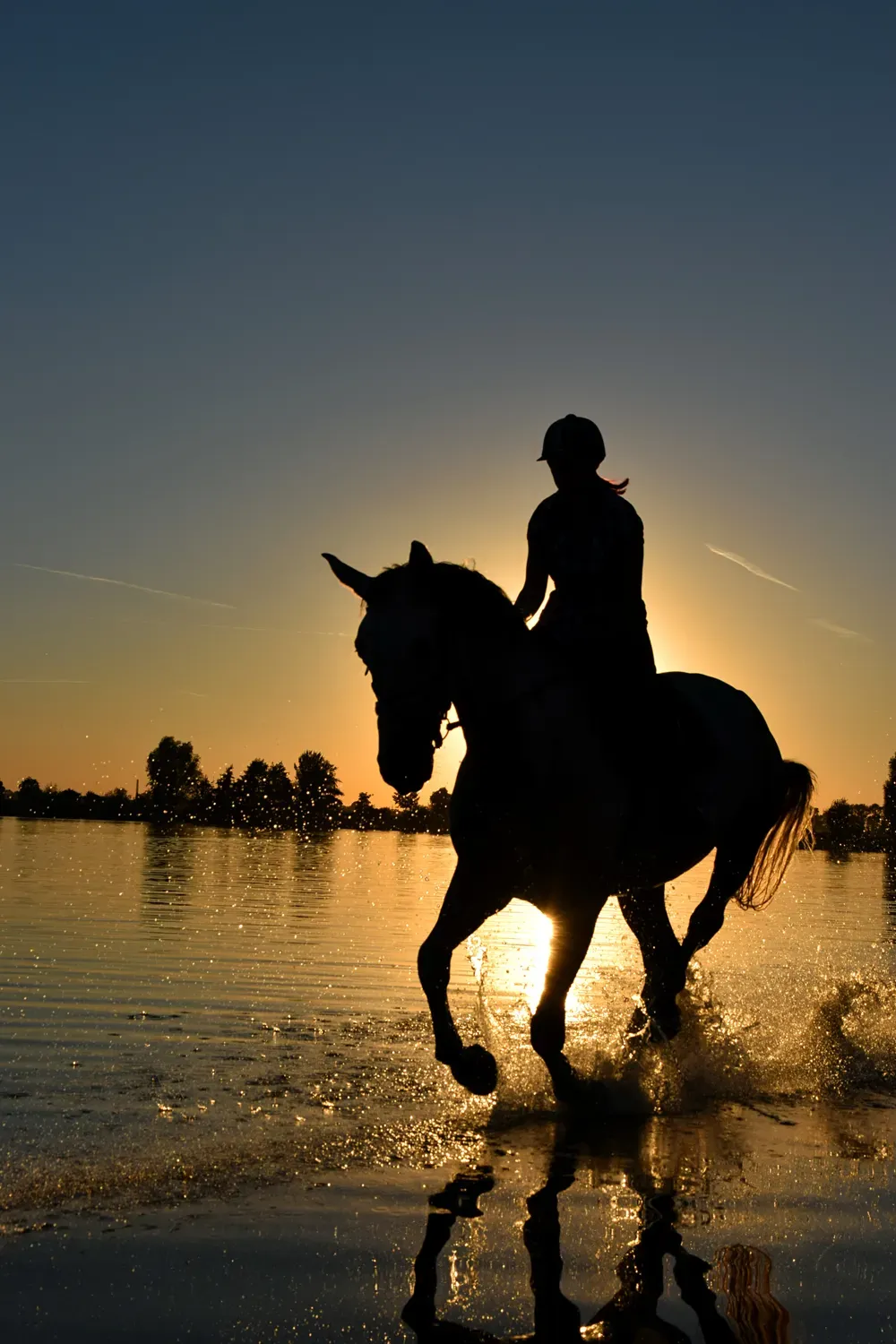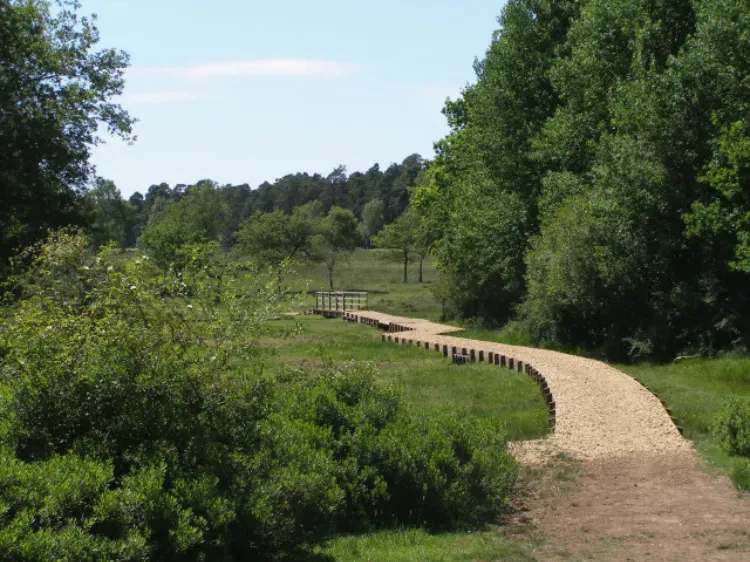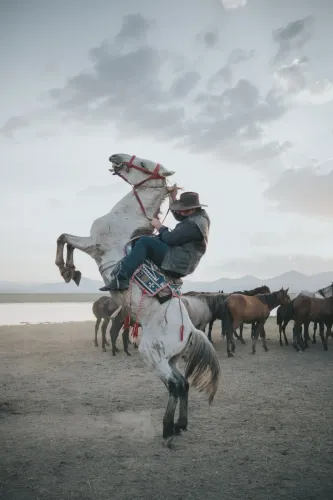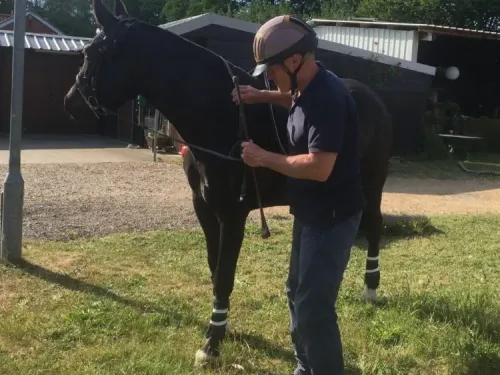
Your horse will benefit from hacking as it improves well-being and soundness. In England, hacking means riding on quiet roads using bridle paths, tracks, and other grass lanes.

New Forest Hacking
This is part of the New Forest which provides excellent hacking for horses.
What are these Well-being Benefits?
Horses exercised in the confines of a schooling area have a monotonous life. At the grassroots level, many horses are exclusively ridden in schooling areas. Frequently this means little mental stimulation and repetitive regimes.
The best comparison with humans is the difference between going for a walk/cycle ride and seeing things, as opposed to walking/cycling in circles.
- Which would you prefer?
- Is there anything to interest you plodding around in circles?
Professional riders use schooling to ask questions and progress training. This keeps their horses mentally challenged and forward-thinking. These riders use hacking/riding out to unwind their horses and to add interest to their exercise programmes.
Do not underestimate the significant mental health benefits of hacking your horse.
What are these Soundness Benefits?
Now think about horses living wild, mainly traveling in straight lines across a variety of terrains. Compare this to the horse exercised in artificial schooling areas where there are four potential problems:
- The suitability of the surface
- A lack of micro foot and leg adjustments
- Repetitive strain injuries
Each of these problems will be considered.
1. The Suitability of the Surface
The schooling surface must not be too deep. The surface must match a good grass surface. Good grass has some spring with a degree of firmness and the horse will leave small hoof-shaped impressions.
A deep artificial surface means considerable foot flection with each strep causing more stress on ligaments and tendons. This becomes more extreme with increased speed and jumping.
Is your schooling area fit for your purpose?
2. A Lack of Micro Foot and Leg Adjustments
Good schooling surfaces help horses. as they provide perfect going. However, this causes problems if the horse exclusively uses these surfaces. This horse will never make micro-adjustments to its footfall and limb movements. These adjustments help with balance and strength. They also stimulate better nerve connections.
Humans can mimic these micro-adjustments by standing on one leg for a minute. To stay in balance your foot on the ground will make very small adjustments.
3. Repetitive Strain Injuries
Too much pastern flexion in deep schooling areas can cause repetitive strain injury. Hock and stifle and other parts are injured for the same reason.

Article Suggestion
Know 5 Reasons causing your Horse to Nap and Safely Sort the ProblemSumming Things Up
For horse soundness and well-being it is best to follow these four summary points:
- Never use deep schooling areas
- Do not exclusively use ideal schooling surfaces
- Instead, use a combination with some natural surfaces
- Regularly hack using quiet roads, lanes, bridle paths, tracks, and other grass lanes.

Article Suggestion
English Horse Owners are experiencing a Snowflake Horse Epidemic
